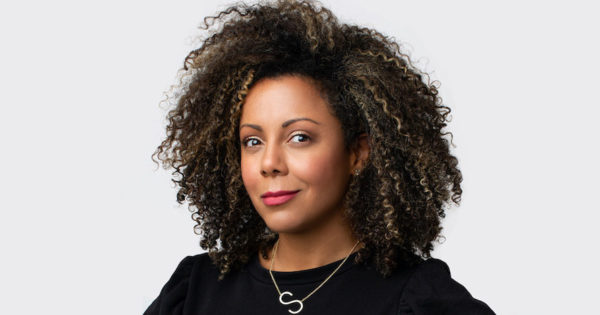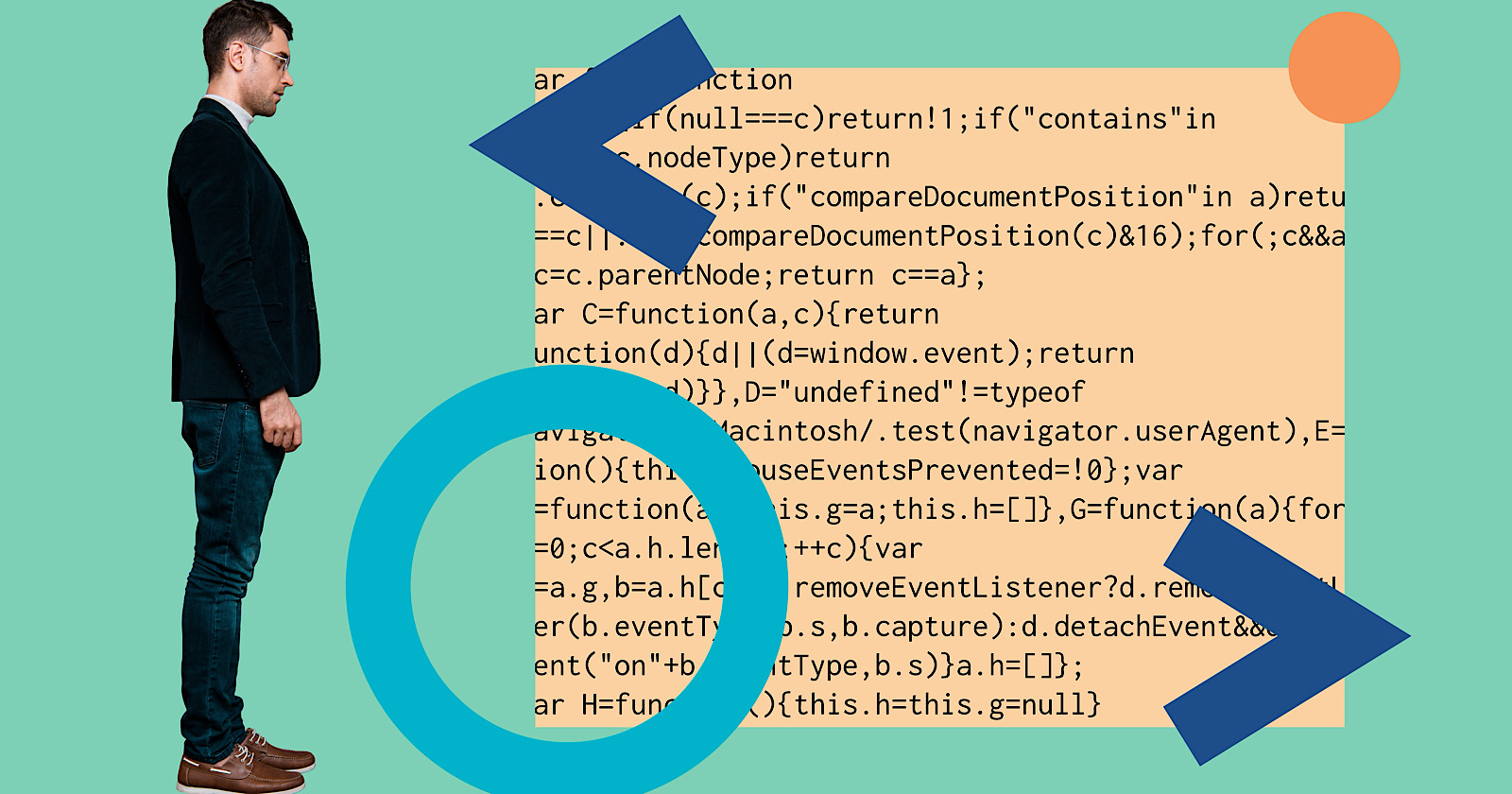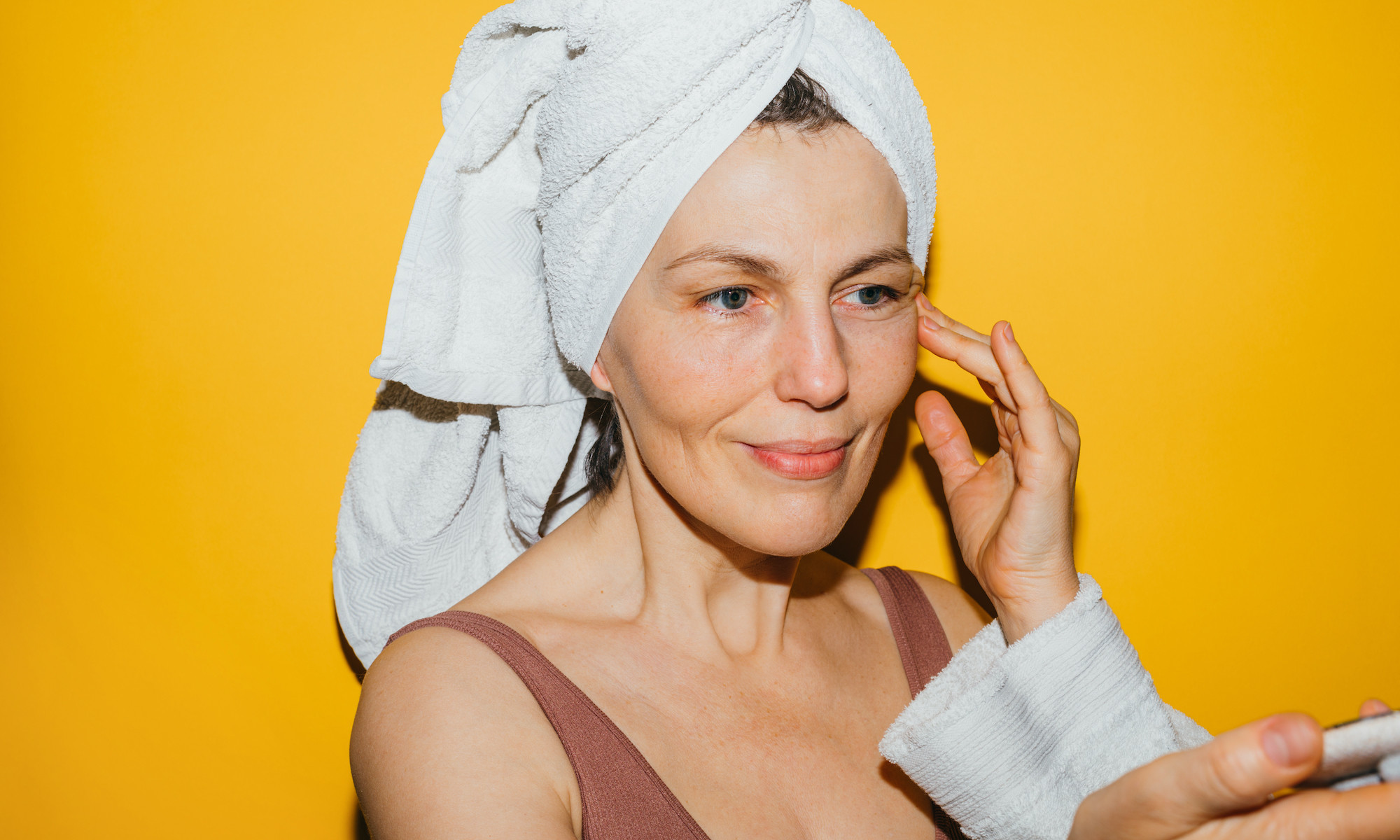72andSunny ad targeting anti-abortion movement plans to fund abortions if viewers press skip
New ad from 72andSunny funded by DTC women’s health brands such as Wisp, August, Plan C, Stix and others.

A group of abortion rights supporters is using a proactive approach to get opponents to watch their new ad: They say they will secure money to help pay for abortions for every time the ad is skipped.
The ad from 72andSunny is slated to run on YouTube and is backed by direct-to-consumer women’s health brands and abortion rights organizations including the Abortion Freedom Fund, Wisp, Plan C, Stix, Mayday Health and August.
Text on the screen appearing before the skip ad button pops up reads, “Skip this ad and we’ll provide free family planning medication to someone in need. It’s your choice.”
If the user doesn’t skip the ad, it continues rolling. The words “being pro-life is being pro-choice” soon flash across the screen as a photograph of an adult hand holding a baby’s hand pops up. Then, phrases such as “having choice saves lives,” “choice saves dignity,” and “choice saves spouses” appear, accompanied by images, including a woman in a military uniform embracing a man, a couple (one donning a cowboy hat) dancing in front of a truck and families swimming together.
Later in the “Made by Choice” ad, the statistic “five years after exercising their bodily rights, over 95% of women said it was the right choice for them” shows up on-screen. The 62-second ad ends with the website name madebychoice.org on the screen, referencing the campaign’s educational website.
72andSunny partnered with the Abortion Freedom Fund on the ad, which begins running today. The group describes itself as a “national organization focusing on funding telehealth abortions,” according to its website, noting that it aims to “simplify access to care for patients by funding virtual abortion providers and clinics.”
Some brands involved in the campaign have donated money to the fund. Every skip provides one medication abortion, up until the group reaches $17,000 worth of medication abortions, Elaine Cox, executive creative director at 72andSunny, said in an interview. After that, Cox said, the team will “recalculate” to see “what we can keep doing.”
For example, a spokesperson from reproductive rights non-profit Plan C said in an email that the organization donated $10,000 to the Abortion Freedom Fund. The ad in fine print says the effort will donate no less than $17,000.
Some of the brands involved supported the paid media plan for the ad, which will use YouTube’s geotargeting features to target specific regions of the U.S. that organizers say tend to be anti-abortion.
“If we just served up our messaging to someone [in that demographic], they would skip it or tune it out. So we knew that there had to be something at stake,” Cox said. Additionally, she noted the agency wanted to “create a moment of stripping away choice” from the viewer as a “metaphor for the larger topic.”
The images in the ad are meant to “remind the viewer of people they know,” Cox said.
“When Roe v. Wade was struck down, we knew we wanted and needed to do something,” Cox said. But a lot of brands and agencies were shouting their disapproval into an echo chamber, where only people who also disapproved of the decision could hear it, she said.
“Of course, that’s wonderful and important. But that's not going to change any minds,” Cox continued.
“Made by Choice” hopes to garner 15 million impressions across the paid campaign, the partners’ owned channels, press coverage and earned impressions.
“We’ll be running the campaign on YouTube—assuming we don’t get shut down,” said Jennifer Dwork, VP of brand marketing at Wisp, a company that helps people access prescriptions including medication abortions. Wisp also did the media buying and the geotargeting plan for the YouTube ad.
Women’s sexual health ads have a history of being censored on social media platforms and other advertising channels; and some of the brands sponsoring this specific campaign won’t post the video on their channels for fear of those potential consequences, per Cox.
“One of the most special things and exciting things about this campaign is that it’s been so collaborative between so many brands in the reproductive health space and in the sexual health space,” Dwork said. “It was this nice, holistic network of people who are all kind of working for the same thing: reproductive rights.”

 Aliver
Aliver 
































